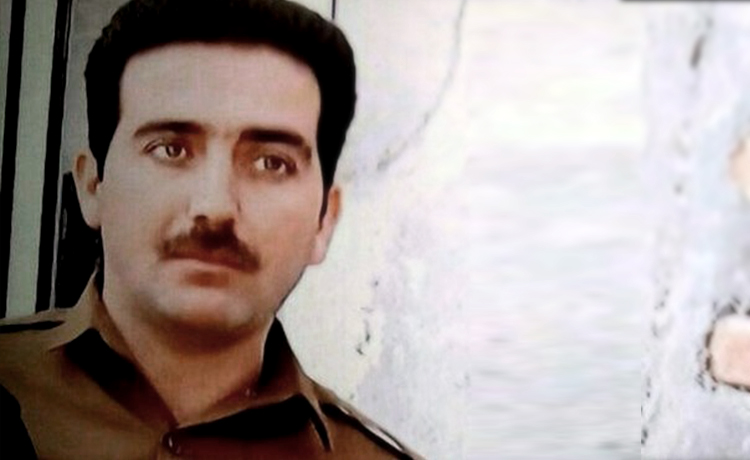Kurdish Mechanic Sentenced to Death in Iran despite Judge’s Acknowledgement of His Innocenceوکیل هدایت عبداللهپور: موکلم بیگناه است و حکم اعدام با ملاحظات امنیتی صادر شده است

OCTOBER 11, 2018
Iran’s
Supreme Court upheld a death sentence against a
25-year-old Kurdish auto mechanic on false charges, the
mechanic’s lawyer told the Center for Human Rights in Iran (CHRI).
Hedayat
Abdollahpour was arrested in late June 2016 following a clash between members
of the banned, separatist Democratic Party of Iranian Kurdistan (DPIK), based
in Northern Iraq, and Iran’s Islamic Revolutionary Guard Corps (IRGC) near the
city of Oshnavieh, in Iran’s West Azerbaijan Province, “even though he played
no role in the clash and wasn’t even there,” said attorney Hossein Ahmadiniaz.
“One
of the Supreme Court judges explicitly told me and his father that Hedayat was
innocent because he had nothing to do with the clash and its aftermath, but the
death sentence was confirmed because of pressure from Iranian military and
security authorities in Kurdistan,” added Ahmadiniaz.
The
Supreme Court initially struck down the death sentence and ordered a retrial at
an unknown date. But on January 18, 2018, Abdollahpour was again condemned to death by Branch 2 of
the Revolutionary Court in the city of Oroumiyeh for “cooperating with a
Kurdish opposition group.”
Branch
47 of the Supreme Court upheld the sentence on October 7, 2018.
Armed
rebellion is punishable by death according to Article 286 of Iran’s Islamic Penal Code, but Ahmadiniaz told CHRI that
his client did nothing more than repair a car belonging to alleged DPIK
members.
“Sometimes
in Iran’s Kurdish regions, DPIK members arrive in villages at night and the
people have to help them because they are all Kurds and know each other. If you
don’t help, it causes trouble,” said Ahmadiniaz, referring to the intimidation
villagers face by DPIK members and their supporters.
“It’s
part of Kurdish tradition,” he added. “But in these situations, IRGC guards
come the next day and say, why was help offered to these people?”
He
continued: “So Hedayat was an auto mechanic who repaired breaks. He got a call
that a car had broken down in one of the villages near Oshnavieh and the breaks
needed repair. When he got there, he unknowingly found himself in the middle of
a clash. He repaired the car and left the area and according to eyewitnesses,
he played no role in the clash.”
“The
pressure [in Iran to resist this group] is so intense… that the judicial
process in these cases is unfair and the verdicts are primarily aimed at
silencing the people in the region and discouraging them from joining protests
and forcing them to take a stronger stand against Kurdish (opposition) groups,”
said Ahmadiniaz.
On
September 8, 2018, three Kurdish prisoners—Ramin Hossein Panahi, Zanyar
Moradi and Loghman Moradi (no relation)—were executed in Tehran. Two days
later, Kamal Ahmadinejad, an alleged member of the
DPIK, was also executed in Miandoab Central Prison in West Azerbaijan.
No comments:
Post a Comment